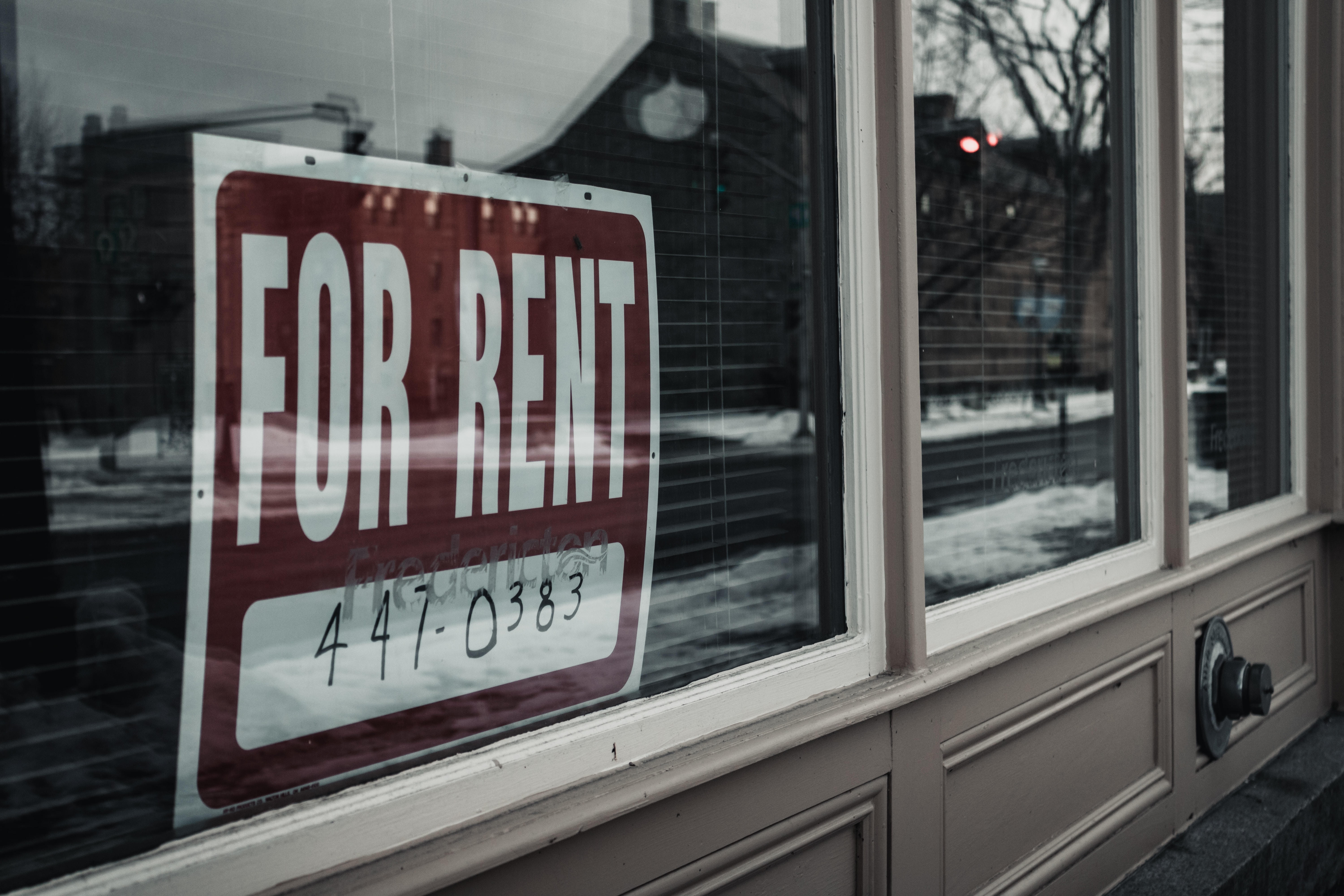
When it comes to renting, it is important that you are educated and know exactly what you are getting yourself into. There are many ways you can protect yourself as a renter.
The first way you can protect yourself is to know your rights as an American. There are major federal laws and acts made that are designed to protect tenants and renters. You should really familiarize yourself with these acts. Some include The Fair Housing Act, passed in 1968, The Uniform Residential Landlord and Tenant Act, created in 1972, and the Protecting Tenants at Foreclosure Act, passed in 2009.
The next topic you should be educated about is knowing tenants’ rights in your state. Regulations vary by state for tenants and landlords, so it is crucial that you familiarize yourself with state rules on leases, treatment of deposits, the eviction process, etc.
You should also always investigate buildings and properties. Landlords and management companies are as varied as the tenants who inhabit their properties. If you're considering renting from a larger community or management company, hit social media for reviews. Also, check apartment rating sites such as Apartment Ratings and Apartment Reviews. Take a look at foreclosures in an area, too, using tools like ZIP code searches from providers such as RealtyTrac.
When you get your lease, read it! Sounds simple, but it is easy to skim over certain sections. Whether you're entering a long-term rental agreement or just subletting for a few months, you need a lease. It will explain how the landlord is to behave and how you are to behave, and the consequences of either party not living up to expectations. Leases will spell out rules on deposit, landlord access to the property, fees or eviction procedures if you pay rent late or fail to pay, and much more. They may also spell out policies on roommates, subletting, ending the lease early, going month-to-month and more, so be sure to read your lease clearly.
While most landlords and renters begin their relationship with the best of intentions, circumstances can change and leases help provide a guideline for how to navigate them. When in doubt, ask questions. Also, keep in mind that leases are negotiable: You want to pay a lower pet fee, spread your deposit out over a few months, or go month-to-month at the six-month mark instead of the 12-month mark? It never hurts to ask.
Another topic you should be informed about is background checks. Landlords routinely conduct background checks, calling prior landlords, confirming your income or employment, reviewing your credit report or other forms of payment history and verifying whether you have any legal infractions in your background. Check your own credit and background before you begin looking to rent a home. You want to check before your landlord does so that you know in advance about any red flags that appear on your record and can prepare for a conversation with the landlord or property manager rather than stammer on the spot.
Separately, if your credit is poor, but your outlook is brightening -- say you were out of work for a time and ran up credit cards, but now have a new job and have been in it for a few months — a landlord may be forgiving when told the reason for the poor scores. Check your background using services like Intelius or PeopleSmart and run your credit report (free, once a year) at AnnualCreditReport.com.
You should always keep records and receipts. Regardless of how much you like your landlord, it's wise to keep records and receipts related to your lease and any home maintenance spending you do, as well as copies of email or written correspondence between you and a landlord or management company. If your landlord becomes unresponsive and you're suspicious as to why, use mail requiring a signature, such as certified mail.
Separately, when requesting that a landlord perform maintenance on your home, use email or a handwritten note with a recorded date, and keep a copy; if the landlord doesn't respond or deal with the repair in a timely manner, and you choose to handle it, save your receipts and negotiate for repayment.
For more information and ways to protect yourself as a renter, visit HGTV’s article HERE.

.png)
